
June 30th, 2025
Explore the latest SEC crypto news as the United States Securities and Exchange Commission directly impacts the regulatory crypto landscape and influences global decisions. Learn how the SEC’s decisions shape the future of crypto investments, from new regulatory frameworks guiding the industry, to high-profile cases against erring entities.

Bakkt Holdings has filed a Form S-3 with the SEC to raise up to $1 billion through a mix of financial instruments.
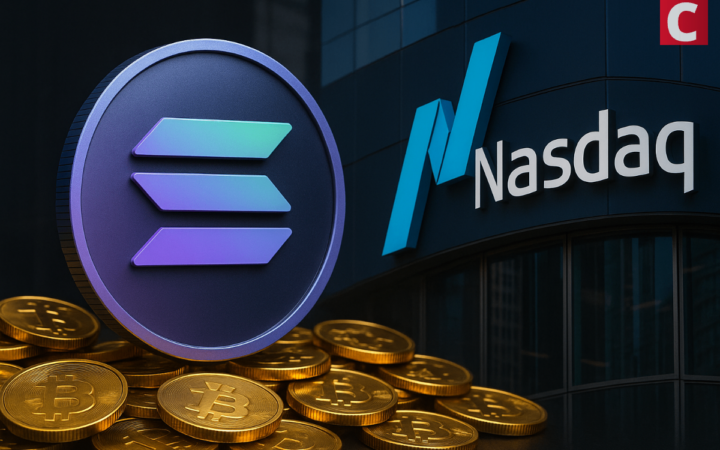
Sol Strategies is eyeing a Nasdaq listing under the ticker STKE after filing with the SEC, spotlighting its $61M Solana reserve.
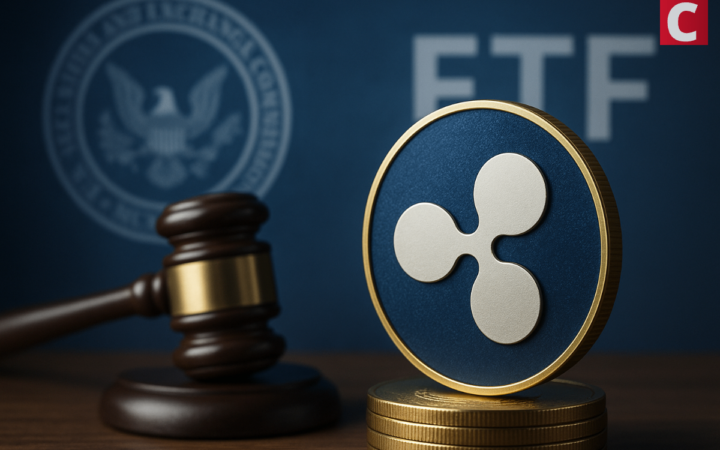
Ripple and the SEC are holding off further appeals as both parties await an indicative ruling from Judge Torres in the ongoing Ripple lawsuit.
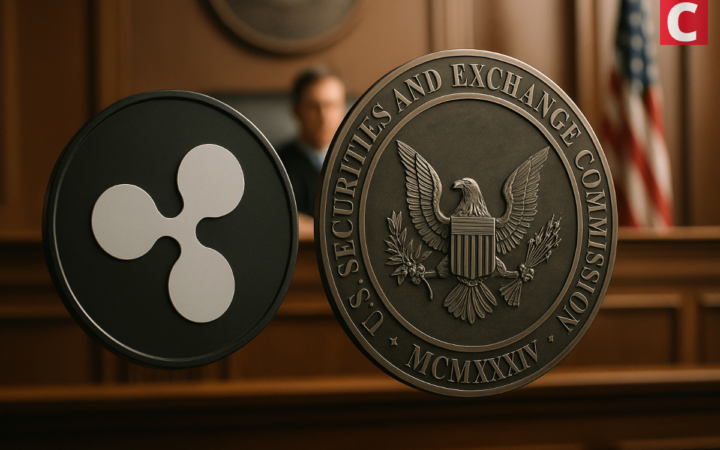
Ripple and the SEC have asked that the court continue to hold the lawsuit appeals in abeyance while they await a fresh district court verdict.

Ripple and the SEC filed a joint motion requesting the court to lift the injunction in their legal battle and release the $125 million civil penalty.

The Ripple-SEC lawsuit nears a pivotal moment as the SEC’s 60-day window to update the US Court of Appeals expires on June 16, 2025.

Ripple released $2.2 billion in XRP on June 4, breaking from its usual schedule, with 670 million XRP locked back into escrow this month.
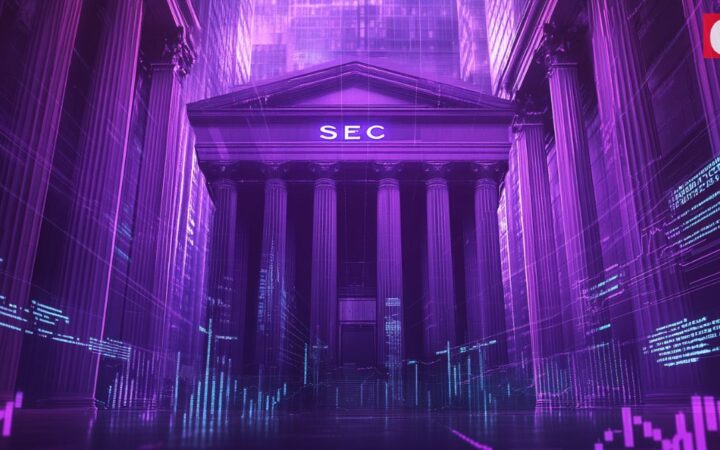
The SEC has won a $1.1 million judgment against Keith Crews, who failed to appear in court over an alleged crypto fraud scheme
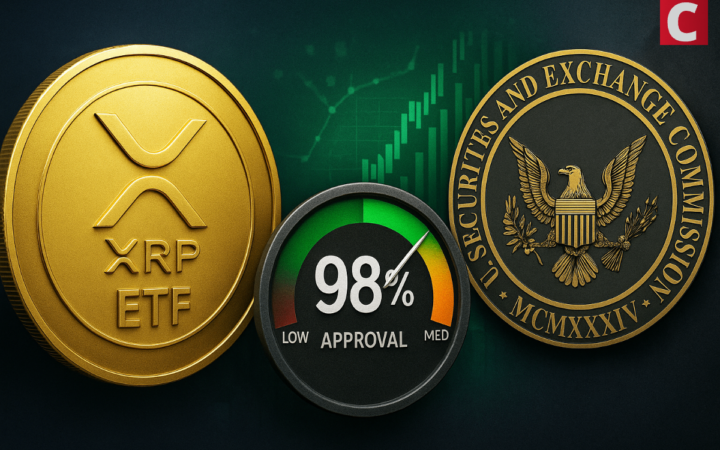
Polymarket data shows a 93% chance of the SEC approving an XRP ETF by December 31, 2025, marking a 23% increase in optimism over the past month.

SEC chair, Paul Atkins, disclosed that SEC will influence crypto policy via “notice and comment” process instead of lawsuits from now on.
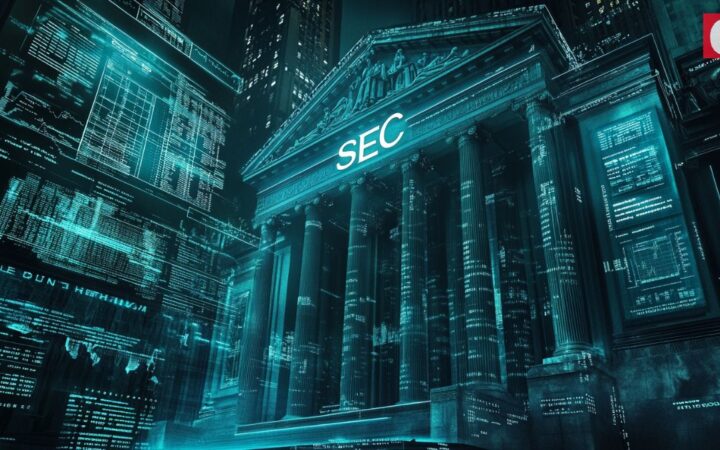
The SEC’s new guidance confirms that crypto staking activities on PoS blockchains, including Ethereum, are exempt from securities registration.

Grayscale representatives held a meeting with the SEC’s Crypto Task Force to persuade the agency to allow staking for the Grayscale Ethereum Trust (ETHE).
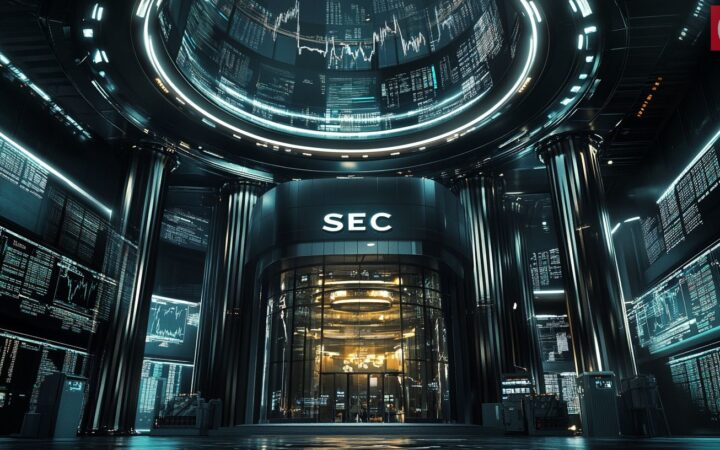
El Salvadoran delegates met with the SEC to discuss launching crypto pilot initiatives, including real estate tokenization and small business fundraising programs.

The Ripple vs. SEC case has been paused for 60 days after the court approved a joint appeal. Is it the beginning of the end for the XRP lawsuit?
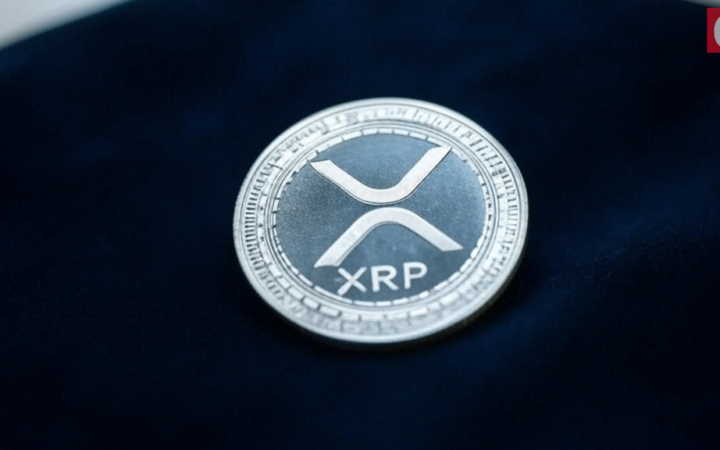
ProShares has filed to launch three XRP futures ETFs, with a planned debut by April 30.
The United States Securities and Exchange Commission (SEC) is an important player in the evolving cryptocurrency landscape. As cryptocurrencies become more popular, the involvement of the SEC in the sector is growing, as it aims to protect the average crypto user while ensuring that stakeholders adhere to federal laws. Generally, the regulatory decisions made by the SEC help to understand the view of the US government on the crypto sector.
The Commission considers crypto classification crucial. One major aspect of its role is determining whether or not an asset is a commodity or a security. To decide, the US SEC uses a well-established principle known as The Howey Test. The categorization has strict implications because assets considered securities are subject to harsher regulations regarding marketing and trading. So far, the SEC has taken legal action against several platforms that launched cryptos that are considered securities, without due registration.
The SEC has contributed to the crypto sector by permitting spot cryptocurrency exchange-traded funds, beginning with Bitcoin BTC $107 733 24h volatility: 0.3% Market cap: $2.14 T Vol. 24h: $21.82 B products approved in January 2024. The Commission has also been involved in a regulatory framework for the crypto and blockchain sector, especially regarding the rapid growth of decentralized finance (DeFi) platforms and stablecoins. The agency aims to strike a balance between ridding the sector of fraud and scams and encouraging general innovation.
The SEC regulates cryptocurrencies by determining whether or not they qualify as securities under US law. The agency enforces compliance among crypto trading platforms, exchanges, and initial coin offerings (ICO).
Cryptocurrencies are legal to buy, sell, or hold in the US. However, as of 2024, the law does not consider them legal tender.
The Howey Test is a legal principle comprising four criteria used to determine whether an asset is a commodity or security. The requirements include money investment, profit expectation, common enterprise, and reliance on the efforts of others.
According to the SEC, Bitcoin is not a security.